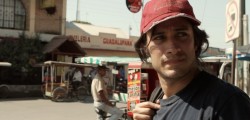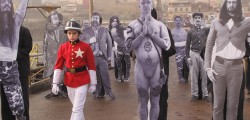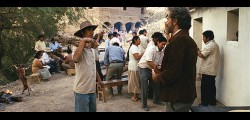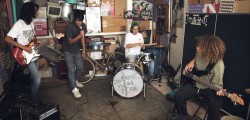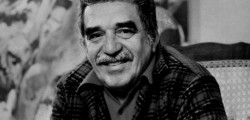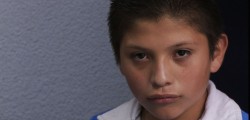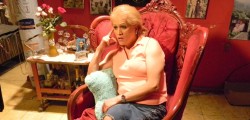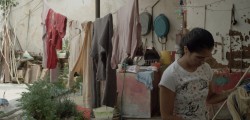Who is Dayani Cristal?
Deep in the sun-blistered Sonora desert beneath a cicada tree, border police discover a decomposing male body. Lifting a tattered T-shirt, they expose a tattoo that reads “Dayani Cristal.” Who is this person? What brought him here? And who–or–what is Dayani Cristal? Following a team of dedicated staff from the Pima County Morgue in Arizona, director Marc Silver seeks to answer these questions and return an identity to this anonymous person.

